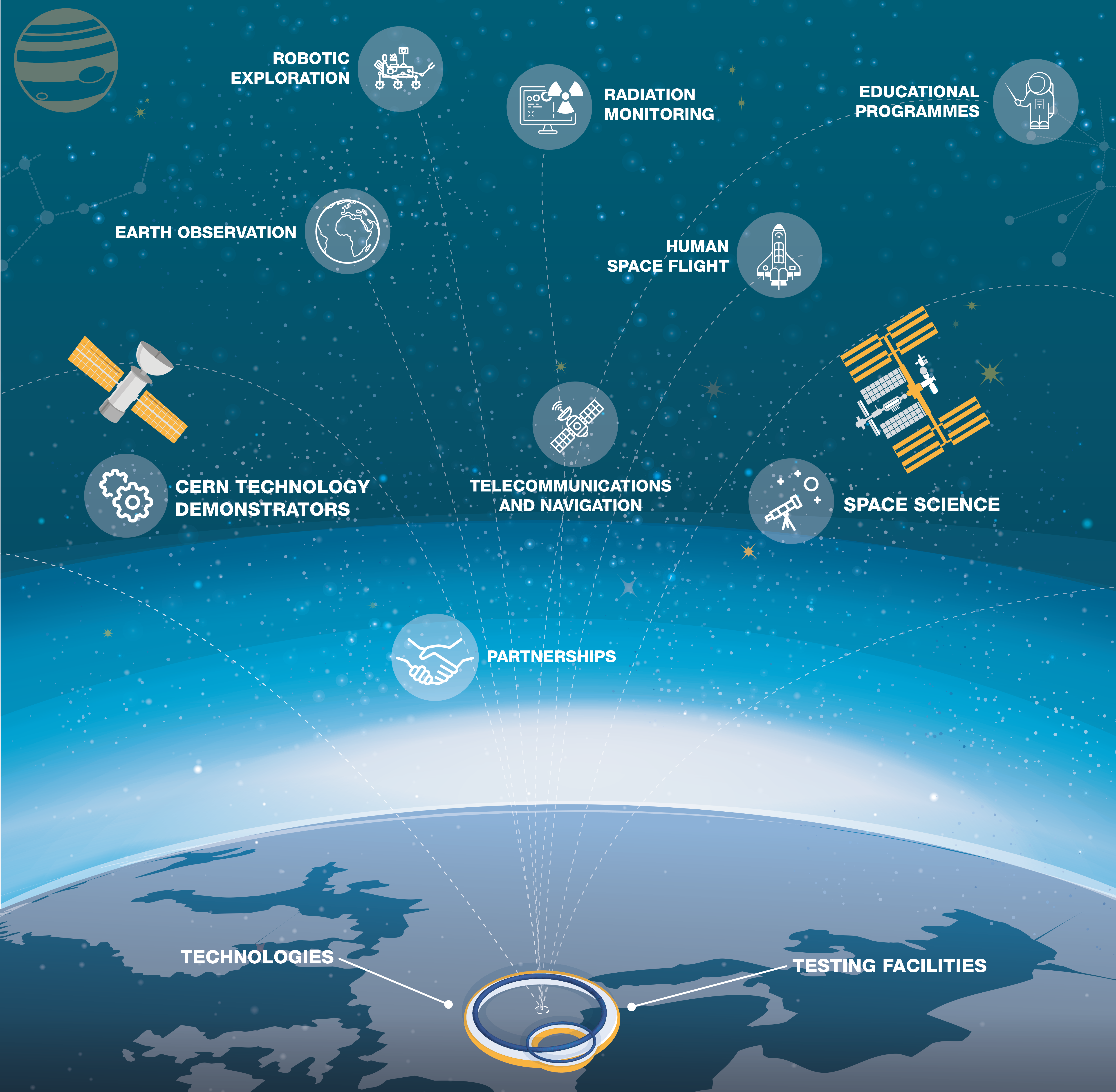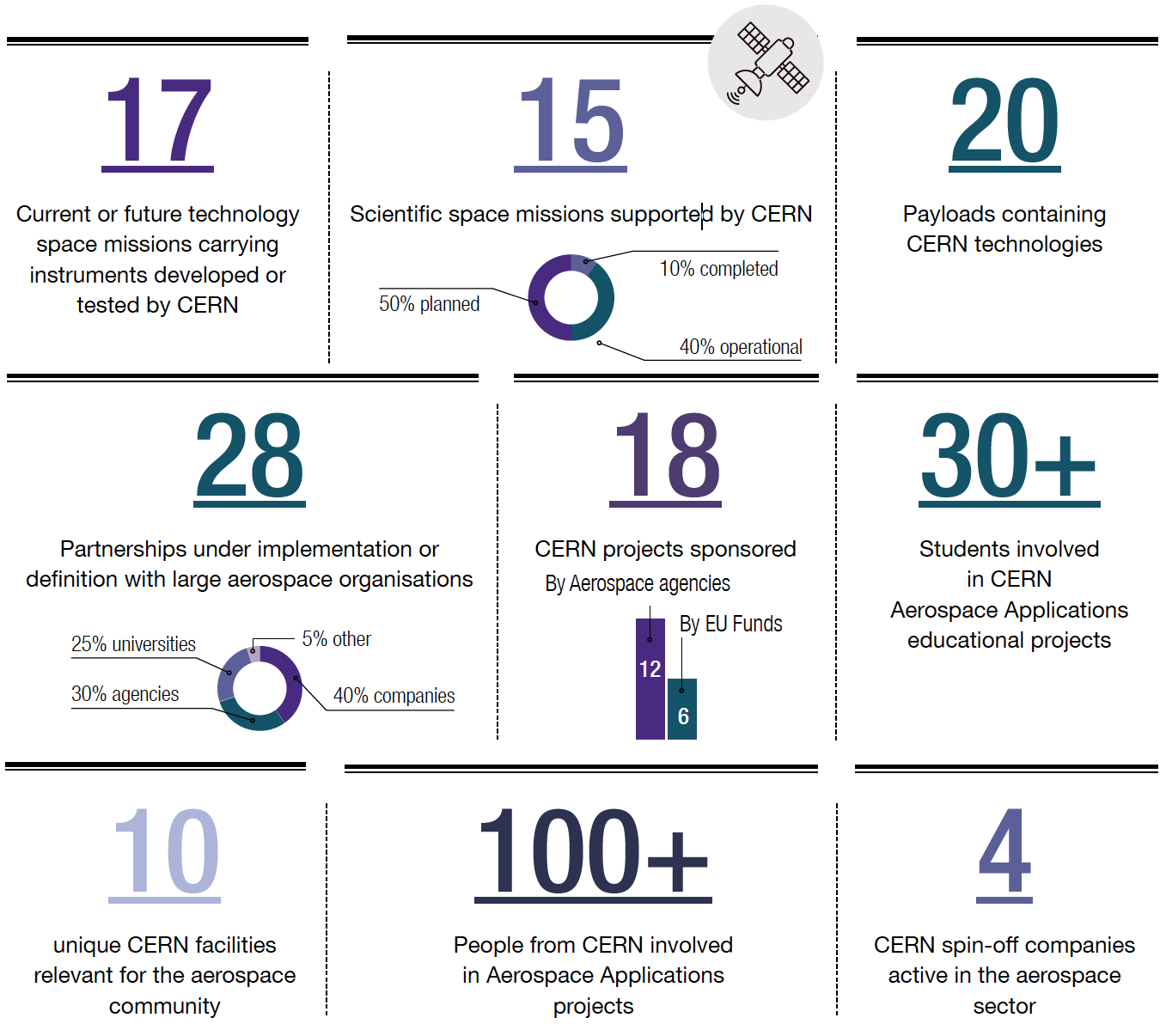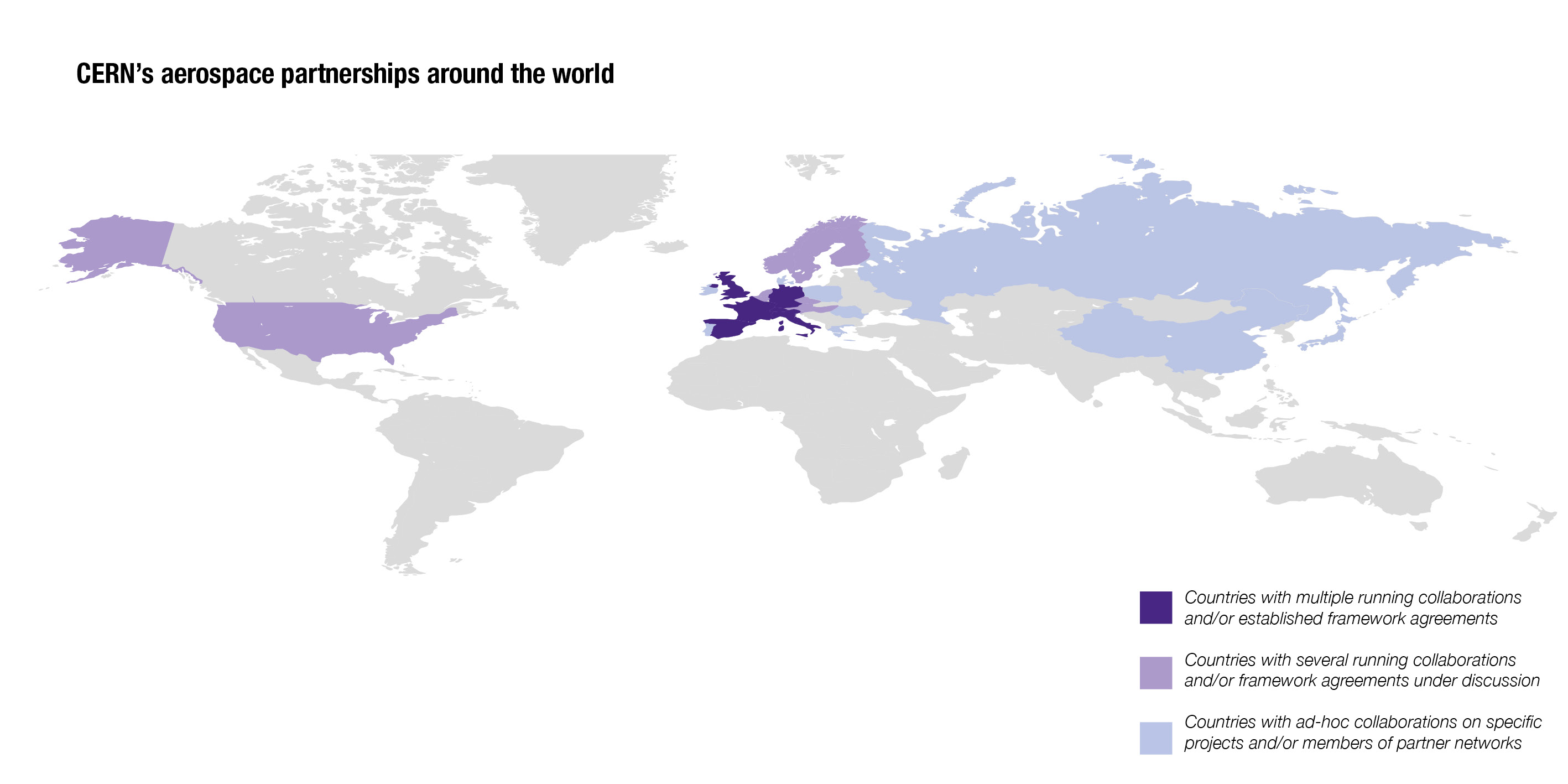Simulating the spread of COVID-19 with BioDynaMo
Based on CERN’s experience in large-scale computing, BioDynaMo, an open-source computer simulation software, is now available in the European Open Science Cloud to support fighting the COVID-19 pandemic.
Rooted in society
From fraud protection to vaccine production, ROOT’s wide-ranging impact is revealed in a conversation with Axel Naumann as part of our Knowledge Transfer spotlight series
Big Science Sweden helps drive industrial innovation together with the CERN Knowledge Transfer group
Big Science Sweden is developing a Knowledge Transfer Office within Big Science, and is establishing collaboration with the CERN Knowledge Transfer Group. In early November, CERN and Big Science Sweden hosted their first joint event
Knowledge Transfer for the Environment
In September 2020, CERN released its first public Environment Report and included three promising Knowledge Transfer projects with positive application for the environment.
Gaining perspective in Intellectual Property
Meet Dr Hélène Mainaud-Durand, Deputy Group Leader of the Survey, Mechatronics and Measurements Group, in this issue of our Knowledge Transfer spotlight series
High five for CERN European Union projects
All five CERN-coordinated projects submitted to the “Horizon 2020” Research Infrastructure calls have been approved for funding, a first for CERN
CERN designs a mould for mass production of face shields
An open hardware CERN design is helping people with hearing loss during the COVID-19 pandemic
Inspiring the next generation of technical entrepreneurs
The third edition of the CERN Entrepreneurship Student Programme, organised by CERN’s Knowledge Transfer group, comes to a successful end.




